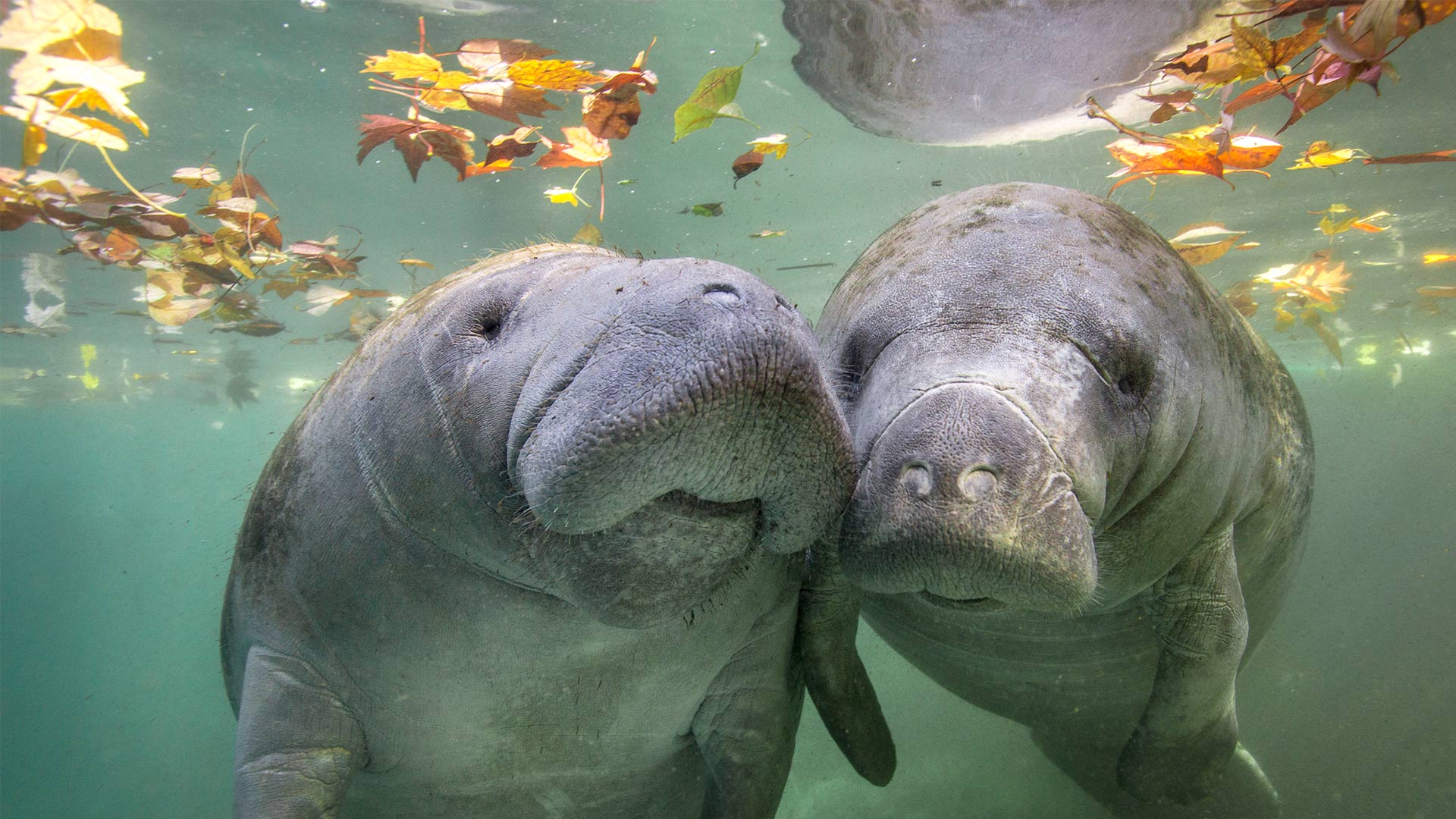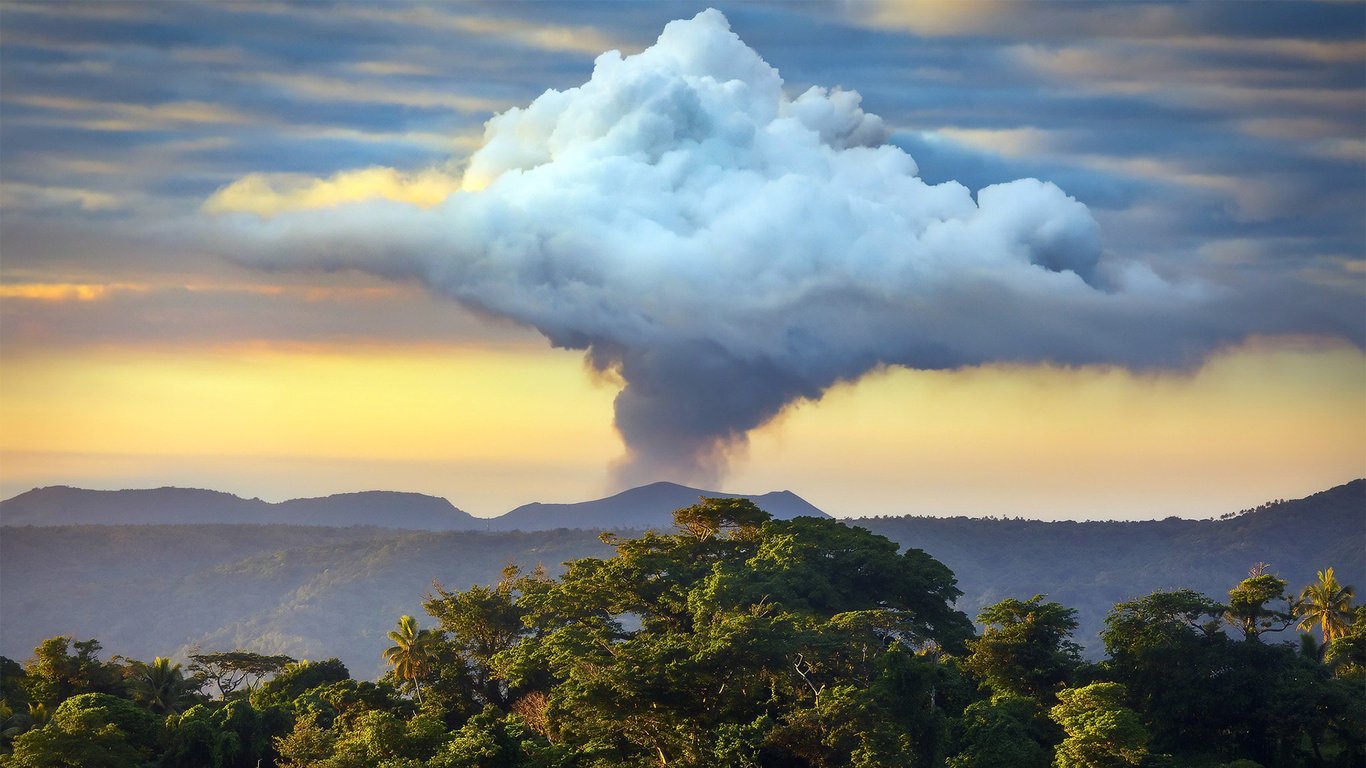
How Kazakhstan’s Incinerator Project is Paving the Way for a Greener Future
Kazakhstan, the largest landlocked country in the world, is making significant strides towards a greener and more sustainable future with its incinerator project. This ambitious project aims to address the country’s waste management and environmental concerns while also promoting renewable energy and reducing greenhouse gas emissions. The incinerator project in Kazakhstan is a testament to…













